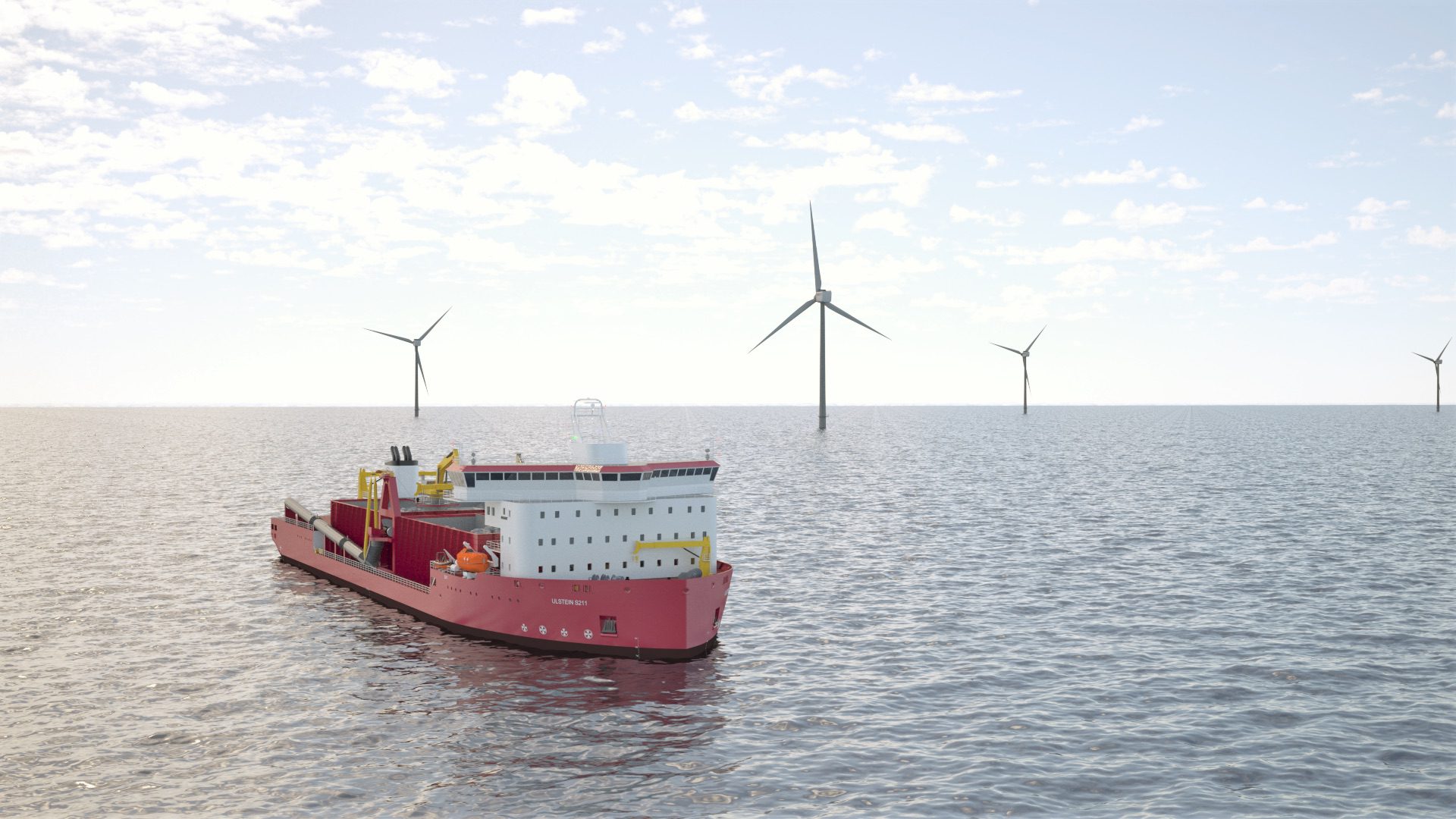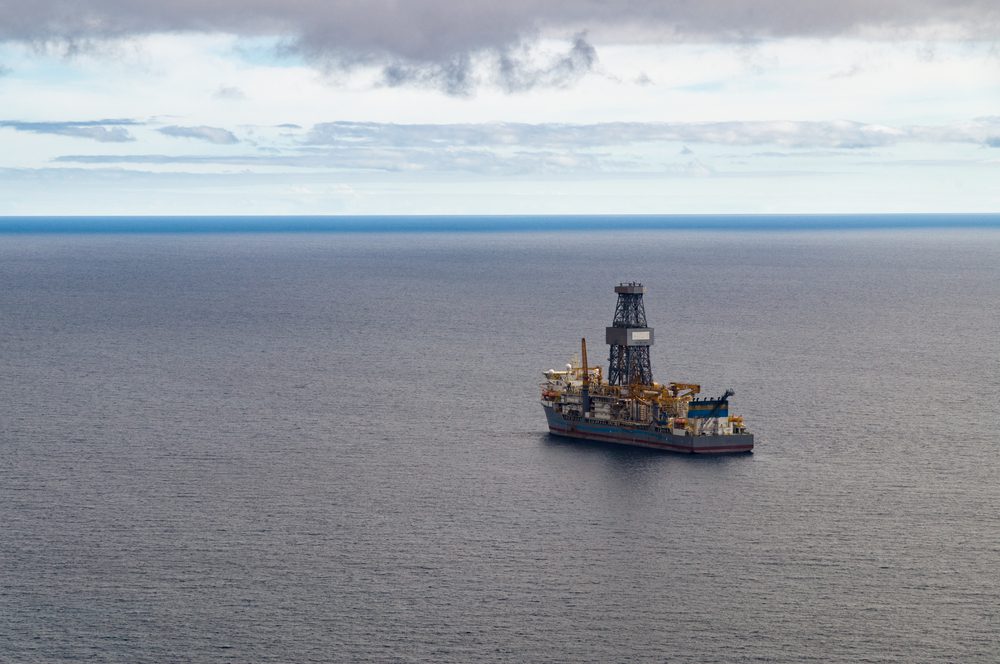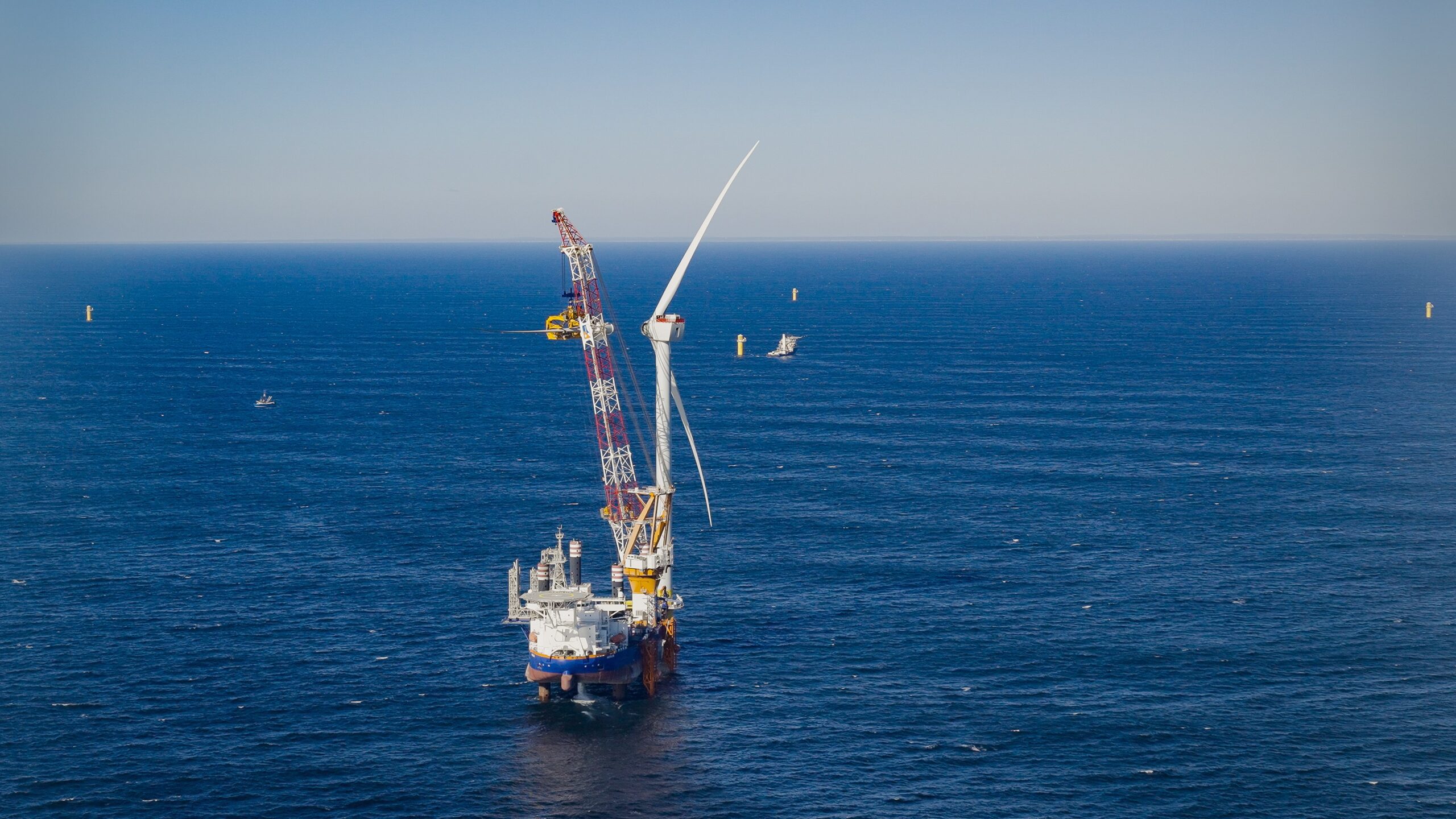The U.S. Fifth Circuit Court of Appeals has upheld a ruling against Great Lakes Dredge & Dock Company (GLDD) in its challenge to a U.S. Customs and Border Protection (CBP) interpretation of the Jones Act.
The ruling maintains CBP’s position that allows foreign-flagged vessels to conduct initial scour protection installation for offshore wind projects—a decision GLDD argued creates a concerning loophole in Jones Act enforcement.
The dispute centered on CBP’s 2021 letter ruling that appeared to favor Jones Act-compliant vessels, stating that rock transported from U.S. points to the Outer Continental Shelf (OCS) would be considered “merchandise” under the Act. However, in a revised ruling just two months later, CBP backtracked, stating that foreign vessels could perform the first installation of scour protection on the seabed without violating the Jones Act.
Great Lakes, currently building the first Jones Act-compliant subsea rock installation vessel for offshore wind projects, viewed this reversal as a regulatory loophole that would allow foreign competition to undermine U.S. maritime interests. The company sought to vacate CBP’s ruling, arguing it violated federal law and threatened its market position.
The court dismissed the case on technical grounds rather than ruling on the Jones Act interpretation itself. The American Petroleum Institute, supporting CBP’s position, successfully argued that GLDD lacked “competitor standing” since it couldn’t prove immediate competitive harm.
The ruling comes at a pivotal moment for the U.S. offshore wind sector. President Trump has signed an executive order that pauses offshore wind leasing in federal waters and requires a review of existing projects—marking a clear departure from the previous administration’s push for offshore wind development.
Despite this legal setback, GLDD continues building the Acadia, the nation’s first Jones Act-compliant subsea rock installation vessel. Set for delivery in late 2025 from Hanwha Philly Shipyard, the vessel will transport and deposit up to 20,000 metric tons of rock for wind turbine foundations.
CEO Lasse Petterson reaffirmed in November that GLDD remains committed to its long-term strategy in the U.S. offshore wind market, despite political and economic headwinds.
The ruling’s industry implications could be far-reaching, creating additional uncertainty for U.S. maritime companies investing in Jones Act-compliant vessels for the emerging domestic offshore wind sector.
GLDD has already secured major contracts for the Acadia, including Equinor’s Empire Wind 1 and Ørsted’s Sunrise Wind, showing that opportunities exist for specialized Jones Act-compliant offshore wind vessels despite regulatory hurdles. Yet the full impact of the Fifth Circuit’s ruling remains uncertain.
Editorial Standards · Corrections · About gCaptain

 Join The Club
Join The Club











